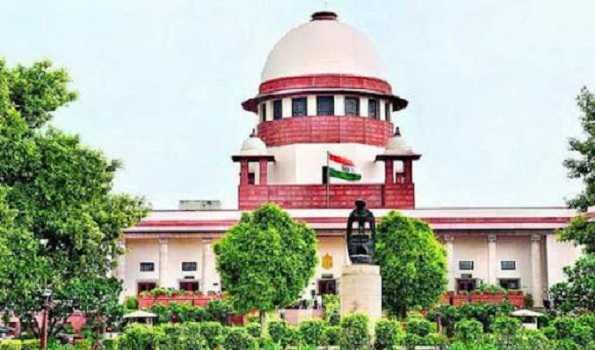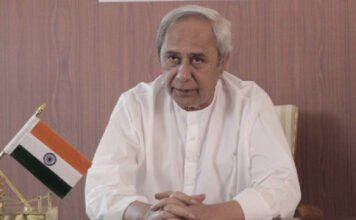New Dealhi: In a big boost to the Yogi Adityanath led BJP government in Uttar Pradesh, the Supreme Court has upheld the constitutional validity of the Uttar Pradesh Board of Madarsa Education Act 2004, except for its provisions allowing the Board to award higher degrees like Fazil and Kamil. The court said that the awarding of higher degrees was unlawful since it is in conflict with the provisions of the University Grants Commission Act, 1956.
A three-judge bench of the Supreme Court led by Chief Justice of India DY Chandrachud set aside the March 22 ruling of the Allahabad High Court which held the Act was unconstitutional. “The Madrasa Act regulates the standard of education in Madarsa as recognised by the Board for imparting Madarsa education….is consistent with the positive obligation of the state to ensure that students studying and recognised Madrasas attain a level of competency which will allow them to effectively participate in society and earn a living” and “Article 21A (of the Constitution) and the Right to Education (RTE) Act have to be read consistently with the right of religious and linguistic minorities to establish and administer education institutions of their choice,” the CJI said while reading out the verdict.
The bench also comprising Justices J B Pardiwala and Manoj Misra said while “the Madrasa Act is within the legislative competence of the state legislature”, the Act “to the extent to which it seeks to regulate higher education, including the degrees of Fazil and Kamil is beyond the legislative competence of the state legislature since it conflicts with section 22 of the University Grants Commission Act…The UGC act governs the standards for higher education, and the state legislation cannot seek to regulate higher education in contravention of the provision of the UGC Act.” “ The Board with the approval of the state government can enact regulations to ensure that religious minority institutions impart secular education of a requisite standard without destroying the minority character,” the apex court said. The Allahabad High Court had struck down the Act saying it violated the principles of secularism, which is a feature of the basic structure of the constitution.



























